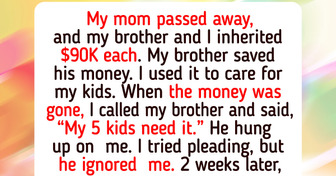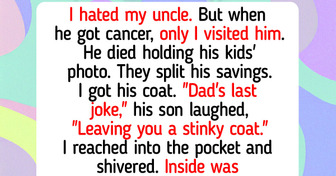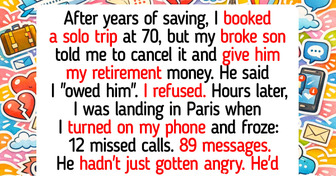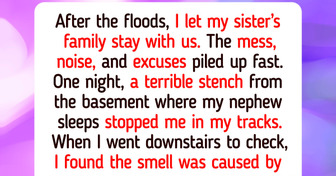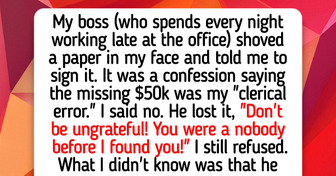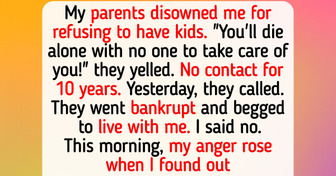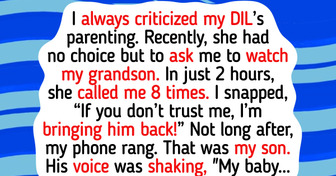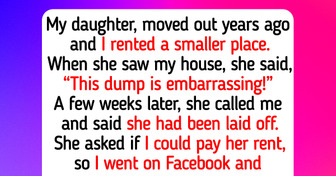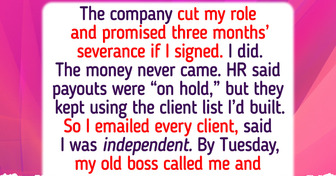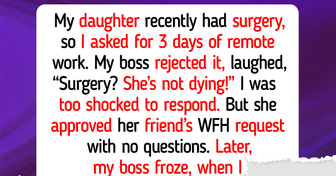10 Moments That Made People Question Everything
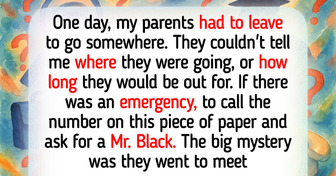
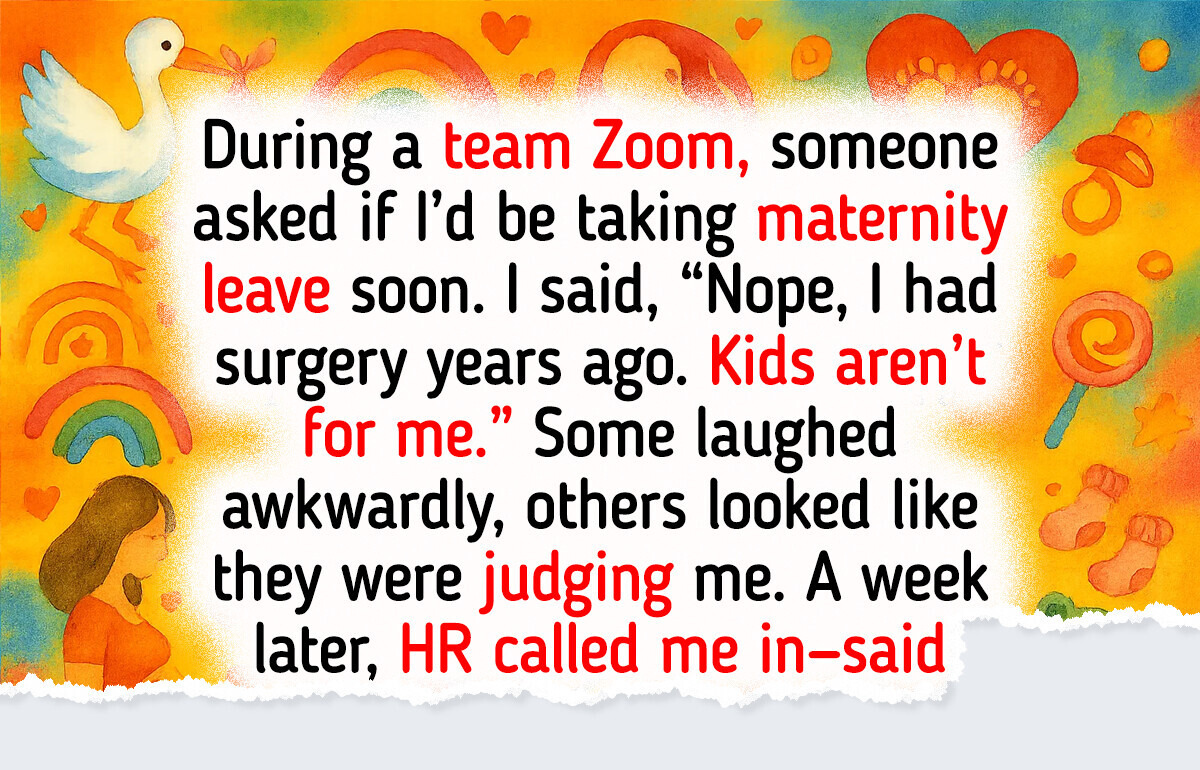
One of our readers reached out after an unexpected turn during a routine Zoom call.
It started with a harmless question: “Are you planning maternity leave soon?”
She answered honestly.
What happened next says a lot about how even the simplest truth can spark controversy in the workplace.

“So during a casual team Zoom, someone asked if I’d be taking maternity leave ‘anytime soon.’ I said, ‘Nope, I’m not having kids—I got an IUD years ago and never looked back.’
Cue the awkward chuckles, then the classics: ‘You’ll change your mind’ and ‘You’ll regret it when you’re older.’
I shrugged it off. Thought we were done.
Next Monday, HR pings me to ‘pop into a quick chat.’ Apparently, someone on the call reported that I was ‘oversharing personal procedures’ and making the team ‘uncomfortable.’
Seriously?
Meanwhile, others talk about morning sickness, gender reveals, labor stories, and ovulation apps—but me mentioning birth control is somehow unprofessional?
Didn’t get a formal warning, but now it’s tense.
One colleague stopped inviting me to team hangs. Another muted me in group chats. I can feel the shift—like I broke some unspoken ‘mom-code.’
So now I just nod, smile, and keep quiet.
Because apparently, being child-free and honest means HR red flag.”
Thank you for your story!

Choosing not to have kids is no longer rare — it even has a name: being childfree. The term has been around since the early 1900s, but became more common during the feminist movements of the 1970s.
Today, more and more women around the world — especially in developed countries — are deciding not to have children. In places like Austria, Spain, and the UK, the number of women in their 40s without kids is higher than ever before.
But this choice isn’t always easy.
Some women have children out of fear — fear of being judged, feeling regret, or ending up alone. Others aren’t sure what they really want. Therapists say there are women who know they want kids, women who know they don’t, and many who are still figuring it out.
The truth? It’s a deeply personal decision.
It means tuning out society’s expectations and tuning into your own voice. It means being honest about your fears — whether they’re about becoming a mother or choosing not to.
And it helps to reflect on your own story. Did your childhood shape your feelings about parenting? Are you trying to avoid repeating a painful past?
There’s no “right” answer. But giving yourself the space to ask the question — and to answer it on your own terms — is one of the kindest things you can do for yourself.
Most of us use something to stay sharp at work, so why do we judge others for it?
Whether it’s coffee, anxiety meds, or ADHD prescriptions, almost everyone relies on something to stay focused. But here’s the surprising part—research shows we often judge our coworkers for using the same things we quietly lean on ourselves.
A study in the Journal of Consumer Research found that people tend to see their own tools as helpful “boosts,” but assume others are cheating or not naturally capable. And in competitive work settings, that double standard only gets stronger.
The result? Silence. Stigma. And people hide the very things that help them function, all because honesty might cost them respect.
The truth? Most of us are getting help. We just pretend we’re doing it all alone.
So maybe the real problem isn’t who’s using what, but how quickly we are to judge someone for choosing support we haven’t admitted we need, too.
And until we recognize that, we’ll keep punishing others for being honest about the very things we hide ourselves.


